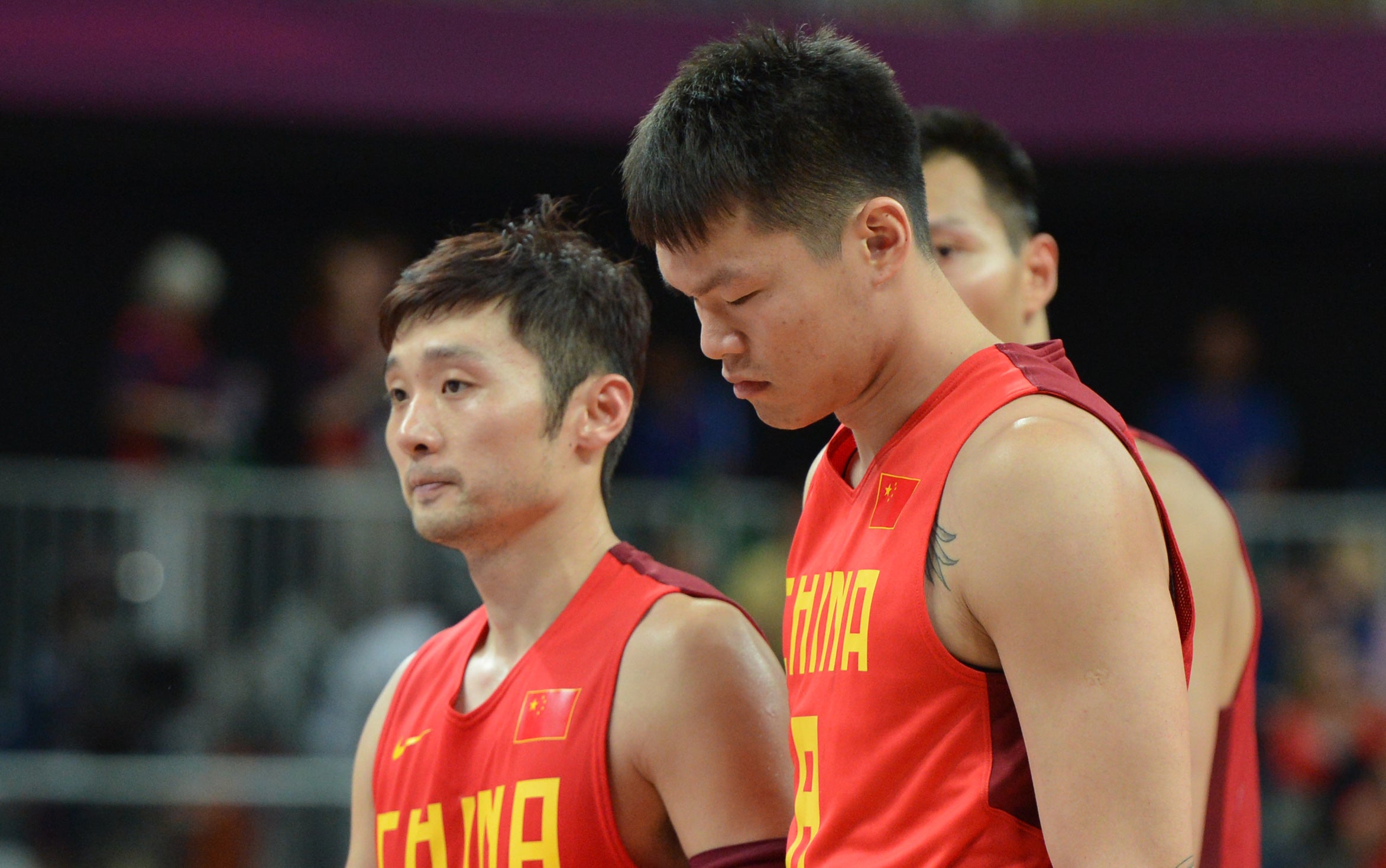Rio 2016: Can China respond to Team GB's Olympic success? Let's not write them off just yet
China are trailing Britain in the medals table at the half way stage of the Olympics – a phenomenon which, if Team GB can extend it to the end of the Games – would be a historic first

Your support helps us to tell the story
From reproductive rights to climate change to Big Tech, The Independent is on the ground when the story is developing. Whether it's investigating the financials of Elon Musk's pro-Trump PAC or producing our latest documentary, 'The A Word', which shines a light on the American women fighting for reproductive rights, we know how important it is to parse out the facts from the messaging.
At such a critical moment in US history, we need reporters on the ground. Your donation allows us to keep sending journalists to speak to both sides of the story.
The Independent is trusted by Americans across the entire political spectrum. And unlike many other quality news outlets, we choose not to lock Americans out of our reporting and analysis with paywalls. We believe quality journalism should be available to everyone, paid for by those who can afford it.
Your support makes all the difference.They broadcast the medals table in the Rio Olympic Arena shortly before Yan Liu took to the rings on Monday and then screened footage of Max Whitlock’s feats. The way many Chinese are feeling, that would have seemed like an affront.
China are trailing Britain in the medals table at the half way stage of the Olympics – a phenomenon which, if Team GB can extend it to the end of the Games – would be a first. To judge by the mood of many in China the world is against them. Bringing up British ascendancy – fewer meals overall but with a general preference for silver over bronze which kept the second – provided more grounds for affront.
The men’s rings provided an opportunity for China to atone, with the World Championships silver medallist Hao You and 2014 World Champion Yang Liu, who had the highest points total heading into the final, carrying the weight of expectation. By the time they had taken their positions, the feats of British Super Sunday were continuing. Charlotte Dujardin had ridden to gold in the individual dressage and there was a bronze in the hammer for the outsider Sophie Hitchon.
It had to be said that they did not set the final alight. Hao You opened the competition but struggled to make a dent on it, with an untidy dismount which took his right foot away from to the edge of the mat.
Liu, the more likely to help his nation in their medal push, looked more impressive in his execution of Maltese and inverted cross, though his own all-important dismount was less than immaculate, too. He took a stride back and held it for a moment, contemplating the enormity of a fractional lack of control at such a moment.
By that time, the Chinese were coming to terms with what the Greek world champion Eleftherios Petrounias had delivered: a peerless performance of poise and supreme difficulty, which concluded with a perfect dismount.
Liu was clinging on to bronze until the Brazilian Arthur Zanetti stepped up and took it away from him, leaping into silver, while Russian Denis Abliazin took bronze. Liu took his possessions and left.
Challenges are facing China at every turn. The directors of the British team here are already talking about the way the Japanese are becoming an supreme force ahead of Tokyo 2020, looking outside of their own nation to develop if needs be.
Canoe slalom bronze medallist Takuya Haneda had Rio by working principally in Slovakia, a giant in the sport. The same tactical medal targeting is going on from South Korea, strong in Taekwondo and archery.
In the face of all this, a thinly veiled sense of Chinese victimhood has been at play. The BBC reported a poll of Chinese which suggested more than 80% of the public think Rio's judges have a sinister bias against China. Only 16% believe other countries might equally be the victim of bad calls.
Australian Mack Horton’s doping allegations against the Chinese swimmer Sun Yang did not help. Horton was metaphorically thumped on Chinese social media for accusing Yang of being a drug cheat. Yang apologised to the nation for allowing Horton to beat him in the 400m freestyle but did not seem so dutiful a few days later. He failed to make it through the heat to a highly-anticipated showdown 1500m final with Horton, complaining of illness.
Don’t underestimate what China will bring to the second week. Simon Gleave, head of analysis at Gracenote, which produces a Virtual Medal Table for the Olympics, predicts a GB haul of 60 medals, with 22 golds. That is "unlikely" to be enough to beat China, Gleave observes, but he said the "gold medal race looks like it could be close."
It will be a serious contest, though. “There’s plenty in the tank,” says British chef de mission Mark England. The sports that are coming in now - Taekwondo, triathlon, canoe sprint, more equestrian - have medalled at every Games.” Not bad for a small collection of islands.
Join our commenting forum
Join thought-provoking conversations, follow other Independent readers and see their replies
Comments